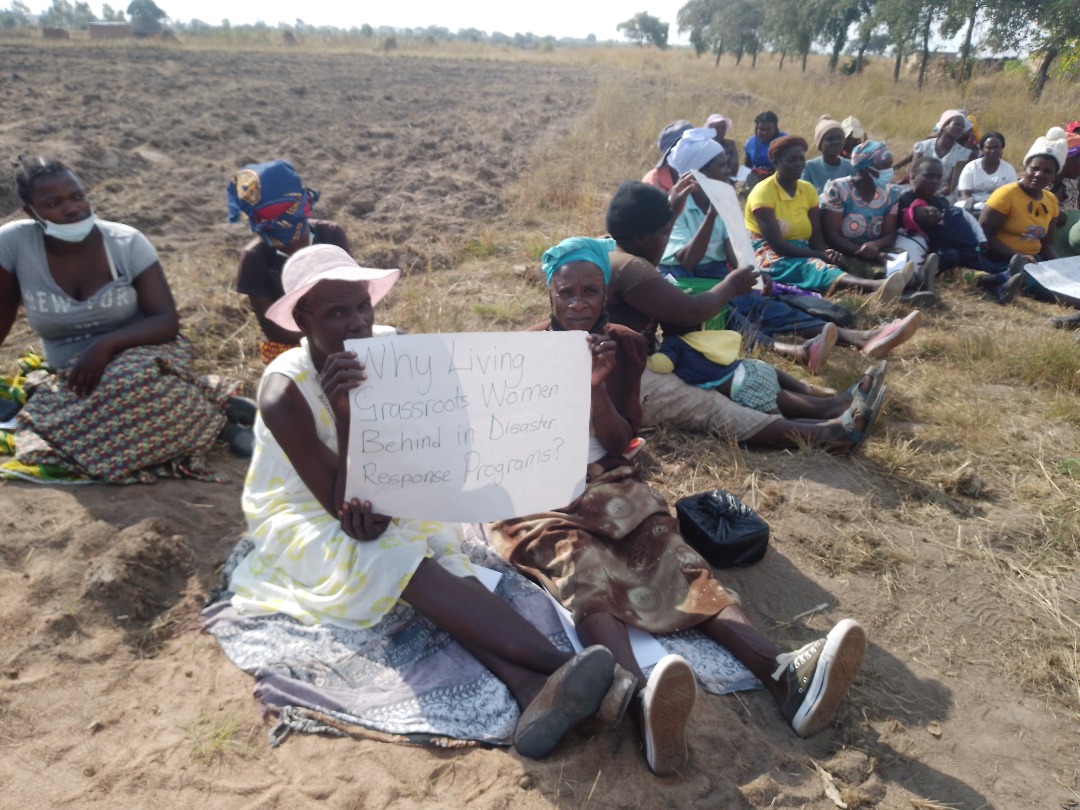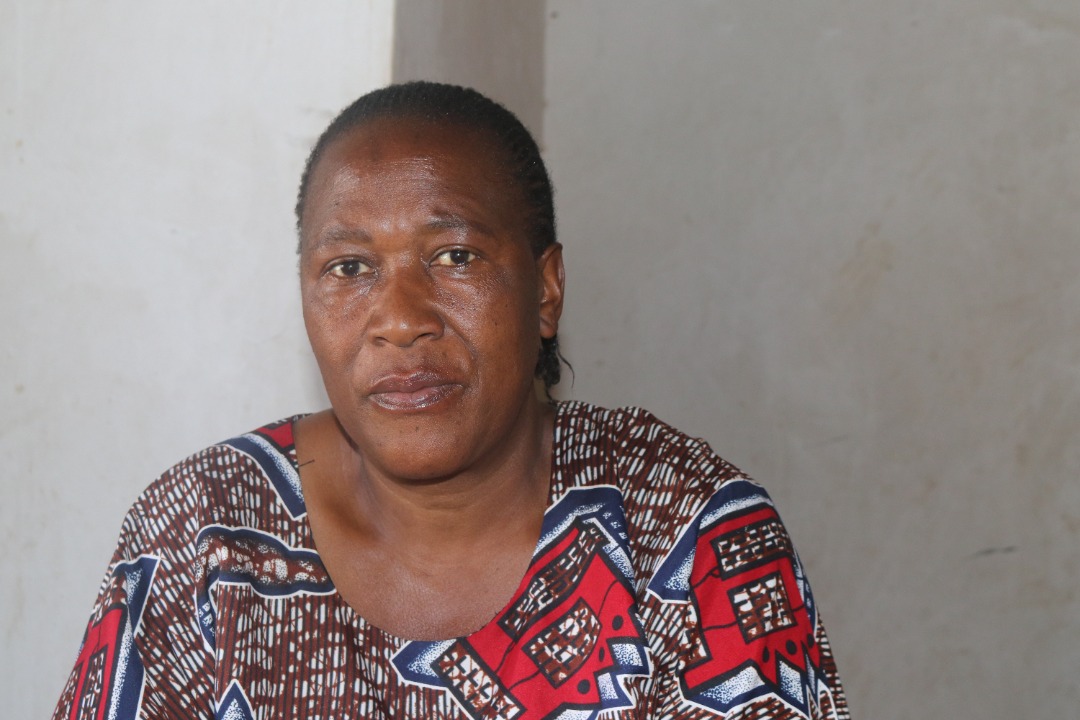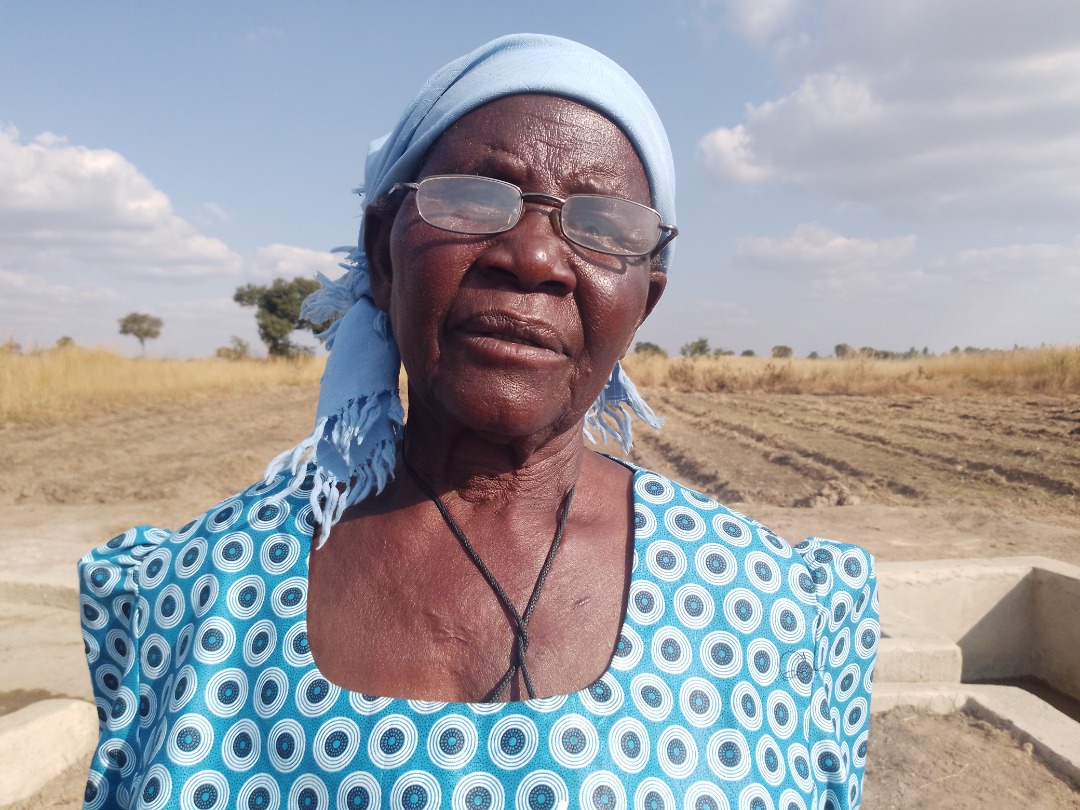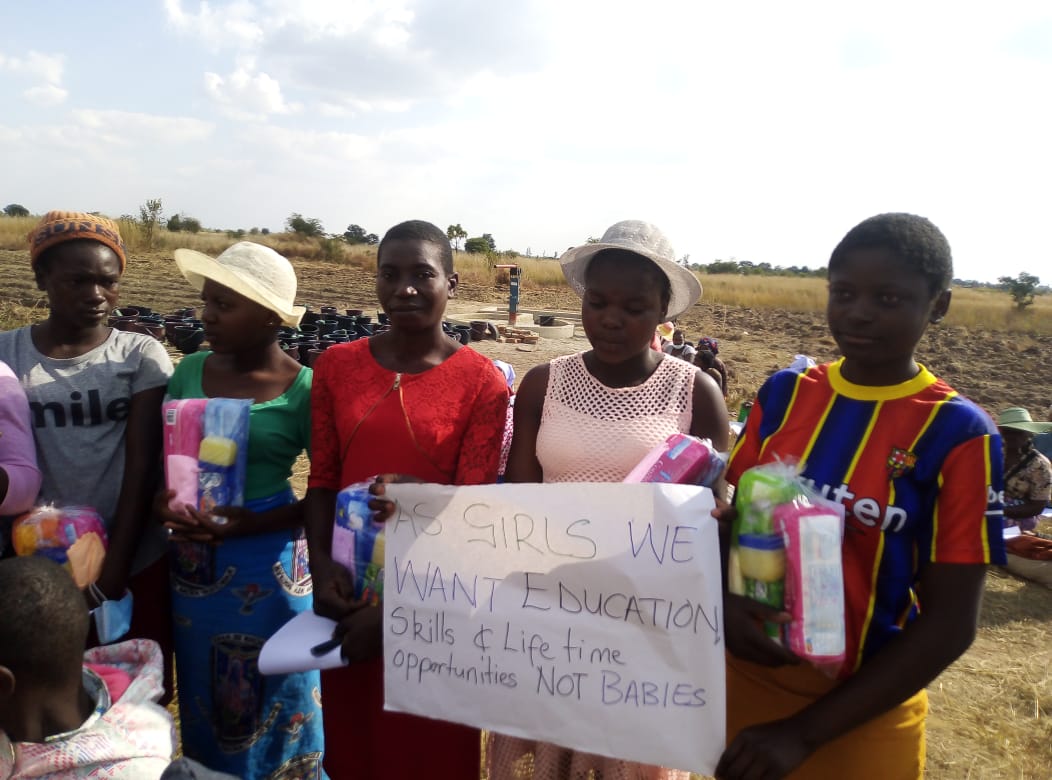|
Getting your Trinity Audio player ready...
|
By Muchaneta Chimuka
More than 1 500 women from Gatsi Village, Seke, and Edernsburg in Manyame District in Mashonaland East Province are now earning a living through the vegetable gardening projects that have been necessitated by the Survivors in Action Grassroots Women Network (SAAGWN) which has enabled them to fight gender based violence through the initiative.

SAAGWN was formed in 2016. It is a community-based organisation that responds to grassroots women survivors of domestic violence and societal issues (challenges and opportunities) from an informed and holistic point of view.
Last, Friday the organisation visited the two areas respectively to share information on how best they can fight GBV in their communities after they observed that women and girls in perI-urban areas are more vulnerable than their urban counter-parts due to some inequalities such as educational level, resources distribution, bridging the rural-urban divide, and poverty among other factors.
Clara Makwara, the Director of SAAGWN said their thrust is to empower women and girls with life-supporting skills so as to reduce poverty and gender-based violence.

“We managed to drill boreholes for the two districts such that women can embark on vegetable and horticulture gardening. They can grow their crops throughout the year through irrigation as climate change mitigation and resilience building. We acquired the land from the local chieftainship and we are witnessing a reduction in domestic violence cases because of this empowerment initiative. The women will be always occupied with farm work and they can sell the produce at local markets to earn a living. Their children are now going to school thereby reducing incidences of school drop outs, child marriages, drug abuse, and sextortion among other social ills,” Makwara said.
The organisation donated buckets, soap, and sanitary wear to more than 1000 girls in the community in support of their reproductive health rights.
“Women and girls in marginalized continue to face all forms of abuse. They require protection hence we are educating them about the effects of gender based violence, and how it is robbing our future. Many women are losing their lives in domestic violence set-ups and it’s high time that they speak out and say no to violence. We are making sure that they are aware of their sexual and reproductive health rights. We also educate them on disaster risk reduction, anti-domestic campaigns, women’s land, housing, and property rights advocacy, gender equality and equity, women and water resources management, sustainable development goals, and new urban agenda among others issues,” she said.
The women’s rights advocate said Covid-19 has affected their programmes. Some women failed to go to the field to do their farming business they were busy caring for sick relatives and some were directly affected by the disease. This led to an increase in domestic violence issues as families are failing to put food on the table.
Makwara said it’s high time that the Government, stakeholders and women’s rights movements redouble their efforts in order to save the women’s lives as high volumes of human rights violations continue to be witnessed in the area.
Tabeth Chokechoke (82) of Gatsi Village, Seke said her rights were violated after her son forcibly took over her Chegutu house.

“I am a widow, and I managed to build a three-roomed house in Chegutu but my son took the house and is now staying there with his girlfriends. I’m in pain and staying under the custody of my daughter yet this was not my plan. I approached the courts but nothing was resolved and I’m still wondering what is happening with my case,” she said.
Tambudzai Chifinya applauded organisation saying it has changed the lives of many – from widows, orphans, child-headed families, and other vulnerable groups.
“Now that the borehole has been drilled for us, we can irrigate our crops throughout the year practising crop rotation. Gone are the days when we used to rely on rain-fed agriculture when we used to grow crops once a year. This is total empowerment hence child abuse cases are reduced as well as gender-based violence cases,” she said.
Tambudzai Chifinya said if the farming project is utilized it will go a long way in assisting women, widows, orphans and vulnerable children.






